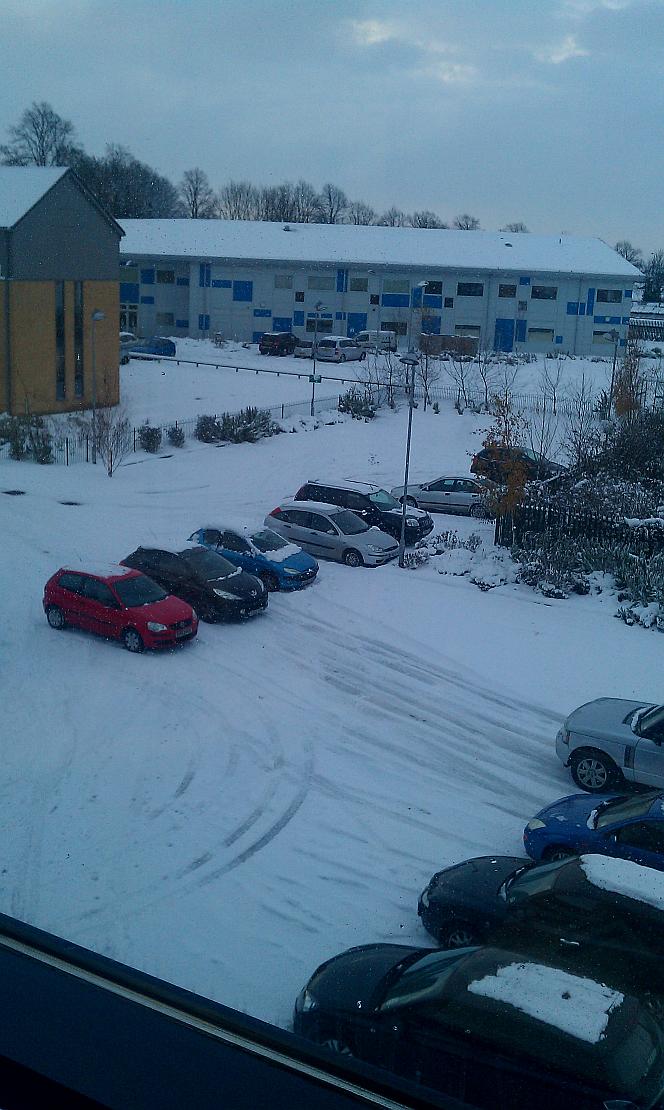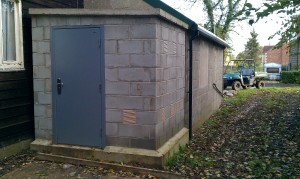DCMS Minister Jeremy Hunt has finally announced the government strategy for providing “superfast broadband” to the final third. I’ve read the speech, the press release and the 64 page strategy document and this is my interpretation of where it is all at.
The government has the laudable aim for the UK of having “the best superfast broadband network in Europe by 2015. Moreover gov is not letting the grass grow under its feet. We have already seen work progressing on the 4 Big Society projects (initially three but apparently none included BT so a fourth was added).
Another positive is that the Universal Service Commitment of 2Megs is being rolled into the “superfast” activity. The investment in an infrastructure to just provide 2 Megs is a waste of money.
The announcement talks of a ‘digital hub’ in every community by the end of this Parliament. This is great. You do however have to read between the lines to see what is going on.
The idea of a hub stems from the concept of the Digital Village Pump as is now installed in Ashby de la Launde and is being looked at for the Cumbrian Big Society project. This concept brings a high speed fibre connection into a community and allows for that connection to be used to connect to a variety of means of terminating to local end users.
There are however some worrying indicators. In today’s announcement there are constant references to BT together with “cabinets” and “fibre connectivity to the nearest exchange”. DCMS has also now confirmed that in saying digital hub they do indeed mean FTTC. BT has said that it intends to tender for each project covered by the £830m of funding made available for this activity and that it will match any government funding. On the face of it this might not sound like a bad thing. BT has said that such an arrangement would allow it to extend superfast broadband reach to 90% or more of the population.
The real issue is something that Jeremy Hunt alluded to unwittingly in his speech in saying
- “…unless you take extraordinary risks, you won’t survive in the digital world. I want our broadband infrastructure to make it possible for our entrepreneurs and investors to take those risks.”
It would appear that the government is taking a safe, non-risk based option here. The signs are that it is lining up BT to provide the digital hubs into these communities. Superfast broadband to 90% of the population would get the UK a long way towards Jeremy Hunt’s stated objective.
So is this a bad thing we have to ask ourselves? The problem is that BT is not a company that is going to take risks. BT is also too big to be able to innovate. Everything BT does has to scale, which is one of the reasons that the government will inevitably want to partner with it. In this case however scale = inflexibility and lack of innovation.
If, as reading between the lines suggests, we are going to see FTTC as the solution for the final third this has the following issues:
- Once FTTC is in that is it. The end user will be stuck with a copper based solution for a long time to come. BT has said that it won’t be upgrading users to FTTP if they already have FTTC. Note that the residents of Ashby de la Launde already enjoy 100Mbps symmetrical FTTP with an upgrade path if necessary. My own view is that 100Mbps symmetrical is the minimum standard we should be aiming for. This is supposed to be a long term investment.
- BT does not currently allow competitors access to its cabinets to connect their own services. This will prevent innovative communities and service providers from providing cost effective solutions to that last 10% that still wouldn’t be getting FTTC. BT’s preferred solution for this 10% is a copper based BET technology that facilitates the government’s 2Meg USC.
- Even if competitors were allowed cabinet access, the backhaul for FTTC is expensive – on a wholesale basis up to 3 x the cost per Megabit as putting in your own fibre backhaul.
- The government would effectively be extending to BT a monopoly status in these areas – something that successive governments have been working hard to erode – to the great benefit of UK plc it might be added.
It seems fairly clear to me that BT will probably win the majority of tenders. For one thing today’s strategy document effectively hands it to them because the government has said that it does not see any reason to change the way fibre rates are calculated.
- “First, that the decisions of the Valuation Office Agency are made independently of ministers. It is not our role to decide who is liable for what under the business rates regime. Second, that the existing rates regime has been tested in court numerous times and no ruling has required any change to the regime. Third, that while in general we favour a low tax environment for new investment; it is right that non-domestic property should continue to be taxed to provide the essential public services we all rely on.”
This means that only BT is likely to be able to submit a competitive bid – all other network operators will be required to pay rates on their connectivity.
There are also other issues that weigh the scales in BT’s favour. Third party access to BTs poles and ducts has been mandated by Ofcom and we await a proposal from BT in January telling us how they are going to do this. BT’s most recent offer to NextGenUs (Ashby’s network operator) required them to use BT engineers (and consequential high labour rates & uncertain availability ) to do all the work. NextGenUs were also being quoted 21 days repair time for any problems. This is not a viable business situation. They would almost certainly repair their own problems within hours. It is very important that Ofcom negotiates hard with BT re this. Ofcom’s reputation in the industry for being another department of BT does not augur well.
If, as it appears, that BT is being lined up to take most of the cash available for NGA I can understand why the government is taking this approach. Let us not however delude ourselves into thinking that this is the best long term strategy for UK plc. This strategy is not an example of innovation and risk taking. It is anti competitive and is likely to be a step backwards from the progress of recent years. FTTP and true open access are the only sensible long term solutions.



















